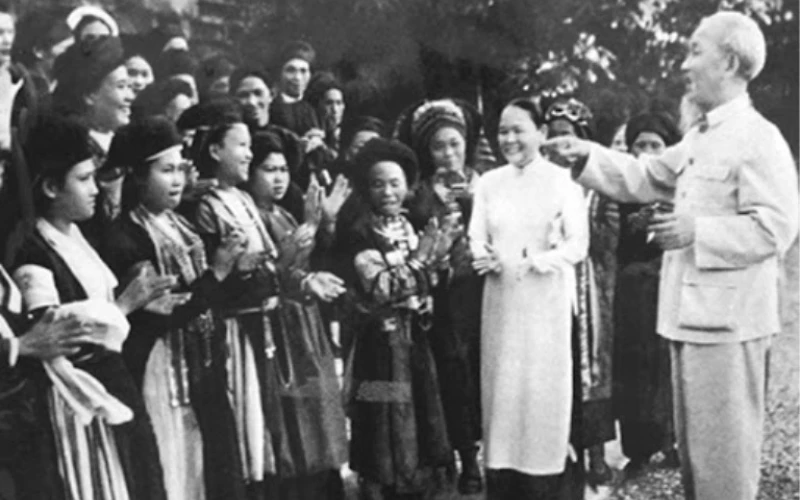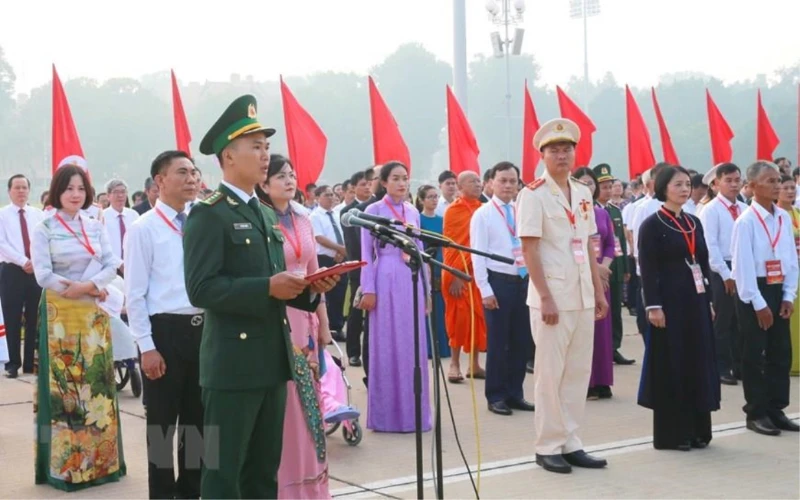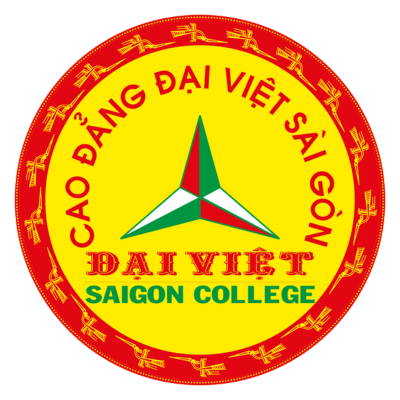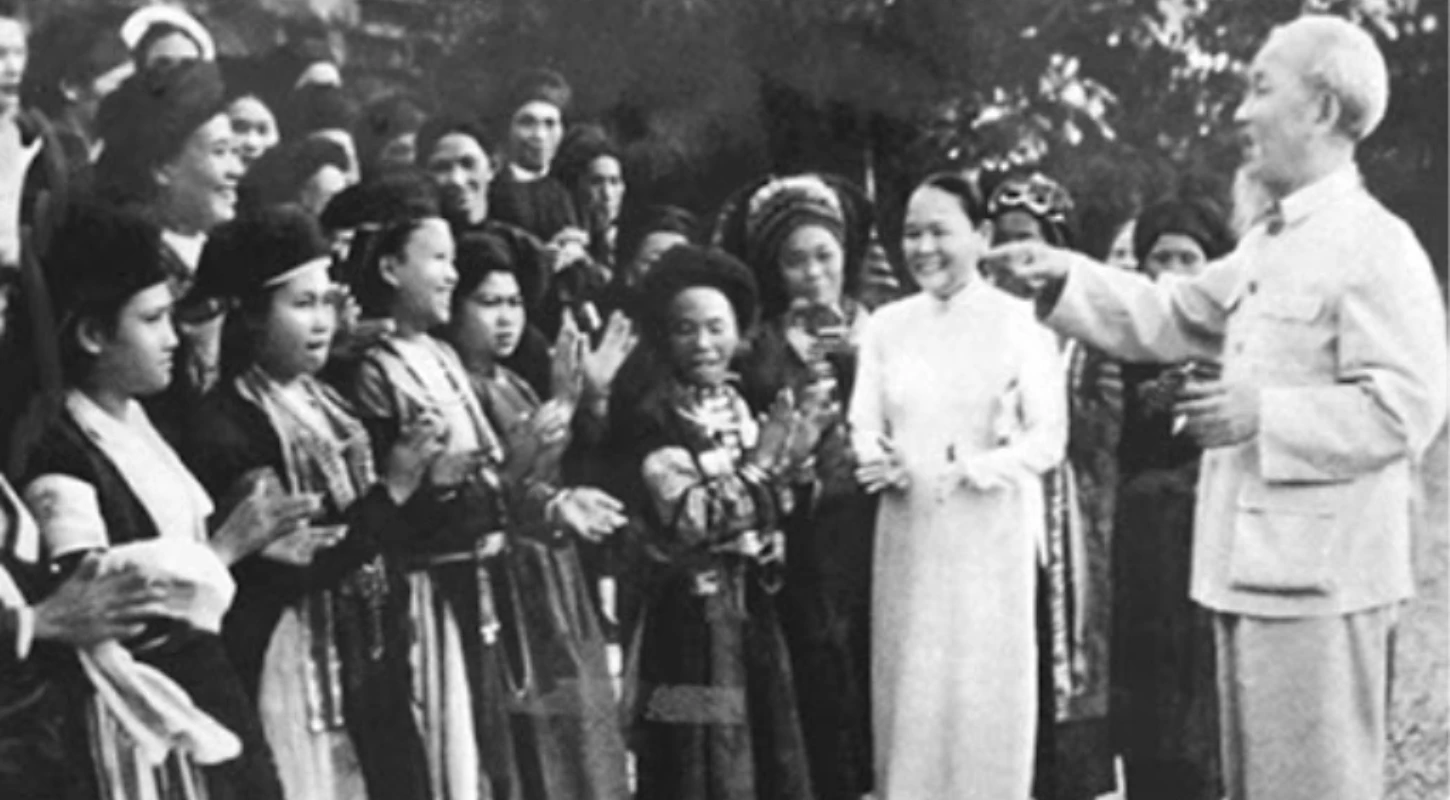Along with the process of renewal, the Party has increasingly recognized the content and value of Ho Chi Minh's heritage. The shift from “mobilizing” to “promoting” the learning and following of Ho Chi Minh's ethical example, as well as the transition from merely studying Ho Chi Minh's ethics to studying and applying his thoughts, ethics, and style, clearly reflects this understanding. The necessity of making this a self-imposed cultural need stems from several reasons.
To transform learning and following Ho Chi Minh into a cultural necessity for every Vietnamese individual is crucial. Not only did he leave behind a brilliant era in our national history, but he also bequeathed an invaluable spiritual heritage through his thoughts, ethics, and exemplary style as a great leader. Following his guidance that “a living example is worth more than a hundred propaganda speeches,” the Communist Party of Vietnam has recognized studying and practicing the thoughts, ethics, and style of Ho Chi Minh as a vital solution for building and rectifying the Party, and broadly, for nurturing the Vietnamese people.
Making Ho Chi Minh’s Teachings a Cultural Necessity
As the process of renewal progresses, the Party increasingly appreciates the essence and value of Ho Chi Minh’s legacy. The shift from "mobilizing" to "promoting" the learning of his moral example, and from merely studying his ethics to applying his thoughts, ethics, and style, highlights this realization. The necessity of establishing this learning as a cultural requirement arises from several key reasons.
Firstly, only cultural values can sustain and develop over time. At the First National Cultural Conference on November 24, 1946, Ho Chi Minh emphasized that “Culture must light the way for the people.” He himself was a unique cultural phenomenon and established a new culture and ethics — "a pure, noble morality without which no revolution can succeed." Thus, we should allow the culture of Ho Chi Minh to guide our Party and nation, provided that every Vietnamese person consciously "opens their heart" to receive that light.
Secondly, human actions become voluntary and persistent when driven by intrinsic needs. Ho Chi Minh once stated that we must engrave this truth: the people are very good. Once they understand, they can overcome any difficulty or sacrifice. However, they first need to be thoroughly informed that these actions are for their own benefit. The inherent desire for success, happiness, and societal respect drives both individuals and the Party towards self-improvement based on Ho Chi Minh's thoughts, ethics, and style — the culmination of cultural and ethical values. When individuals realize that their efforts to learn and follow Ho Chi Minh will help them achieve their goals, they will commit to transforming their understanding and feelings into actions and virtues reflecting his model.

Uncle Ho received a delegation of ethnic groups in Ha Giang (November 15, 1965). Photo: DOCUMENTS
Thirdly, making the study of Ho Chi Minh’s teachings a cultural necessity will help cultivate Party culture, thereby revitalizing national culture. When Ho Chi Minh asserted, “Our Party embodies ethics and civilization,” he emphasized the Party's moral and cultural characteristics. He believed that culture could not be separate from economics and politics, and as a political organization and vanguard of the working class, the Party must symbolize cultural elevation in intelligence and ethics. Building culture within the Party has been increasingly addressed, as emphasized at the 13th National Congress, which called for fostering “a culture of thrift, devoid of corruption and wastefulness” among Party members. General Secretary Nguyen Phu Trong articulated the need to “make learning and following Ho Chi Minh's thoughts, ethics, and style a regular practice, a cultural necessity within the Party, establishing a clear cultural identity.” Promoting the beautiful to eliminate the bad is essential, hence encouraging Party members to study Ho Chi Minh’s culture contributes positively to developing Party culture.
Fourthly, establishing the study and application of Ho Chi Minh’s thoughts, ethics, and style as a personal cultural necessity can address the limitations in executing this mission. Since the introduction of Directive 06-CT/TW in 2006, the campaign to “Learn and Follow Ho Chi Minh’s Moral Example” has gained traction over nearly two decades, becoming a routine aspect of Party organization activities. While the Party has recognized the dialectical relationship between “learning,” “following,” and “setting an example,” challenges still persist. Thus, framing this study as a cultural necessity can effectively overcome these shortcomings, ensuring a substantive and impactful learning experience.
A Continuous Task for Party Members and the Public
During the 13th Central Conference (October 2021), the Party reaffirmed that learning and applying Ho Chi Minh’s thoughts, ethics, and style is “a continuous task for each Party organization, political system, and every Party member.” This requires concrete, daily actions exemplified by Party members to create a positive ripple effect throughout society.
Firstly, a correct understanding of learning and applying Ho Chi Minh's teachings is essential. Former Prime Minister Pham Van Dong noted that Ho Chi Minh embodies greatness without distance, novelty without strangeness, and brilliance without overwhelming. Each individual can learn something from him, as his teachings resonate within our souls and minds. It’s vital to realize that Ho Chi Minh’s spiritual legacy encompasses his thoughts, ethics, and style, which should be embraced holistically to develop a well-rounded character among Party members.

Captain Vu Van Cuong, on behalf of outstanding examples of studying and following Ho Chi Minh's moral example and style in 2023, reports to Uncle Ho. Photo: TTXVN
Secondly, intensifying awareness about the content and value of Ho Chi Minh’s thoughts, ethics, and exemplary figures embodying these teachings is necessary through diverse and creative means. Continued emphasis on learning and applying his thoughts across the political system, alongside annual practical learning topics, is essential. Incorporating “Ho Chi Minh’s Thoughts” into educational curricula at all levels in an engaging manner is crucial, as the youth represent the future of the nation and should be “shaped from a young age.” Creating accessible “pocket books” with simplified language about key aspects of Ho Chi Minh’s teachings will help all citizens progressively embrace and understand his principles.
In an age where information technology is advancing rapidly, leveraging tech platforms to spread the life, career, thoughts, ethics, and style of Ho Chi Minh is imperative. Enhancing the role of artistic culture in promoting Ho Chi Minh's legacy is also crucial, as literature and the arts significantly impact renewing human thought and behavior. Efforts must be made to build effective cultural spaces dedicated to Ho Chi Minh across the country. However, all educational efforts must ensure authenticity, with a focus on promoting genuine, exemplary figures who embody Ho Chi Minh's teachings.
Thirdly, enhancing the role of local Party committees and customizing the study of Ho Chi Minh's thoughts, ethics, and style to individual circumstances is critical. This solution directly influences the success of this educational effort, as all organizational aspects are determined by local leadership. Committees must integrate study content into regular activities and ensure post-study evaluations are conducted, holding members accountable for their learning outcomes.
Fourthly, fostering the responsibility of Party members and the leading figures' role in learning and applying Ho Chi Minh’s teachings is vital. When every member is genuinely committed, positive results in following Ho Chi Minh's example will emerge. According to Pham Van Dong, “Everyone can find in Ho Chi Minh’s struggle and life the values they aspire to and the objectives they yearn to achieve.” However, if local leadership fails to instill a sense of initiative among members, the results will fall short despite all preparations.
Finally, effective monitoring and evaluation of the learning and implementation process, alongside rewards and disciplinary measures, are crucial. Regular inspections are vital to avoid superficial engagements with Ho Chi Minh’s teachings, ensuring genuine commitment and avoiding trivial successes.
Conclusion
More than half a century later, while Ho Chi Minh may no longer be with us in a physical sense, his spirit and legacy remain deeply ingrained in our values. Strengthening the study and practice of Ho Chi Minh’s thoughts, ethics, and style is an effective strategy for individual and organizational self-purification and safeguarding the ideological foundations of our Party.



